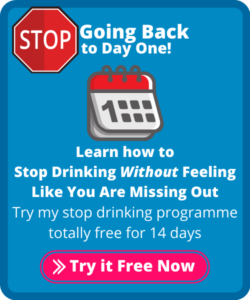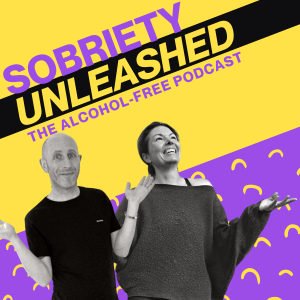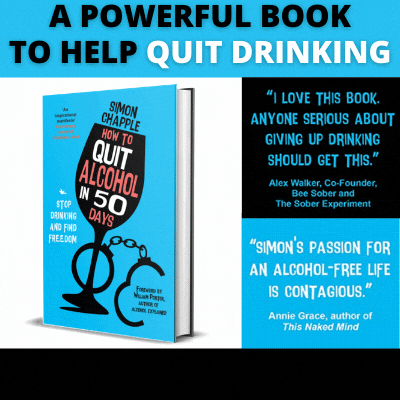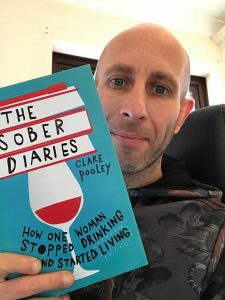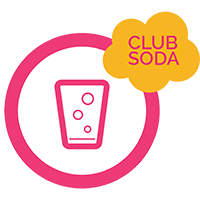5 Foods That Will Help When You Stop Drinking Alcohol – Nutrition Tips
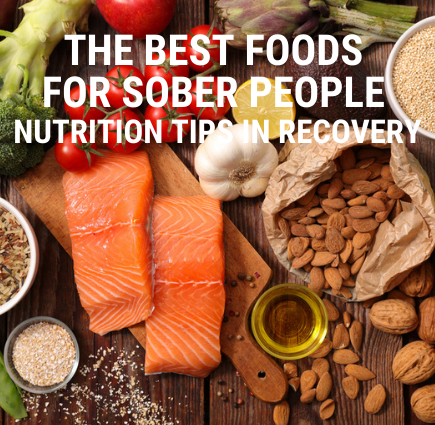
It’s common knowledge that a well-balanced, nutritious diet is essential to live a long, quality life—but when you’re in the process of recovering from alcohol abuse, our nutritional needs are even higher. Alcohol and other drugs strip your body of the key nutrients needed to maintain a good mood, give you energy, repair and rebuild organ tissue, and strengthen your immune system.
Because your brain is used to being “rewarded” with alcohol, replacing the drug with “reward foods” might seem like a natural choice—but just like with alcohol, junk foods only offer temporary pleasure, along with a hefty dose of negative side effects. It can feel tempting to dive headfirst into a box of cookies, a tub of ice cream or a bag of crisps, but right now your focus really needs to be on supporting your body with nutritious foods. While there isn’t a one-size-fits-all dietary program for recovery, there are specific types of foods that will benefit everyone who quits alcohol.
Today, I’m going to share five types of food that will help support your recovery. Over time, these foods will help you feel strong and healthy once again and when you experience what it’s like to feel naturally well, you’ll be far less prone to temptation, either in the form of alcohol or a whole pepperoni pizza with a side of fries.
5 types of food to help with recovery when you quit alcohol
Fruits and vegetables
Fruits and vegetables are rich in vitamins and minerals and the more colourful your plate, the more diverse the nutrients. They are also high in water content and if you’ve been abusing alcohol for years, there’s no doubt your body is chronically dehydrated. Hydration is crucial in recovery, especially if you’re newly sober, because it helps to cleanse the body and can ease the severity of detox symptoms.
If fruits and veggies are too difficult to digest in their whole form—a common occurrence in early recovery—try pureeing them into smoothies or incorporating them into soups. You’ll still be getting the benefits of the nutrients, fibre, and water content, but it’ll be much easier for your stomach to digest. The options are truly endless when it comes to creating fruit and veggie-centric smoothies, soups, and stews, so try different recipes to discover things that you really enjoy.
Fermented foods
Your gut is home to trillions of microorganisms such as bacteria, yeasts, fungi, and viruses which produce chemicals and hormones that impact how you feel, what you think, and even how you behave—almost like a second brain. The kicker is, substance abuse throws the microbiome way out of balance and interferes with the secretion of feel-good chemicals, hormones, and neurotransmitters. When alcohol and drugs kill off your good gut bacteria, the “bad” bacteria can dominate, resulting in a slew of unpleasant symptoms like constipation, diarrhoea, depression, anxiety, cravings, and inflammation. Pretty crazy, right? The good news is that your gut will repair itself after you stop drinking and by supporting your microbiome with specific foods, you can help it recover even faster.
So, what exactly should you eat? Fermented foods—explore products such as tempeh, sauerkraut, pickles, miso and kimchi. For those feeling a adventurous, it’s actually really easy to make your own homemade sauerkraut. Aim to include some fermented foods in every meal—a few tablespoons will do.
Calcium-rich foods
Did you know that alcohol interferes with calcium absorption and leaches calcium out of the bones? Because of this rather scary fact, replenishing your calcium stores should be a priority during your first three years of sobriety.
To make things even more impactful, a 2017 study found that participants in a detox program who had the highest calcium intakes were the least likely to relapse compared to those who consumed less calcium. This is likely due to the fact that having higher calcium levels leads to less severe withdrawal symptoms. Healthy sources of calcium include yogurt, tofu, tahini, beans, lentils, almonds, and kale. Eat up!
Carbohydrates

Yes, I’m telling you to eat carbs! Carbs get a bad rap in our society, but they are actually our body’s main source of energy. Without an adequate amount of carbs, the brain doesn’t function well and is not able to properly produce neurotransmitters that help us feel good and balanced during our recovery process. The key is eating the right kind of carbohydrates. Processed foods such as cakes and candy should be limited, while unrefined carbs such as oats, quinoa, potatoes, brown rice, veggies, and fruits should be liberally consumed without guilt.
Omega fatty acids

Omega fatty acids, found in healthy fats, are essential for tissue repair and brain function. Good sources of omega fatty acids include eggs, fish, avocados, nuts, seeds, olives, tofu, and even dark chocolate (you’re welcome!). These foods can also help keep your blood sugar levels balanced to avoid any intense sugar crashes and mood slumps. Even though these foods provide healthy fats, be mindful of eating them in moderation, as some of them can be very caloric.
What’s for dinner?
While no foods should be deemed “bad” or off-limits, it’s particularly important to favour healthy foods during your first few years of recovery (and ideally beyond). This doesn’t have to be seen as a punishment, either. Supporting your body in healing from alcohol abuse can be pretty darn tasty. Use this as an opportunity to get creative in the kitchen and try new things. Buy some cookbooks or try some of the many recipes that are available online. Some extra effort in the kitchen can go a long way in restoring your health and allowing you to enjoy all the beautiful opportunities available through sobriety.
References:
https://www.pnas.org/content/111/42/E4485
https://pubmed.ncbi.nlm.nih.gov/27890540/
https://www.ncbi.nlm.nih.gov/pmc/articles/PMC3900881/

